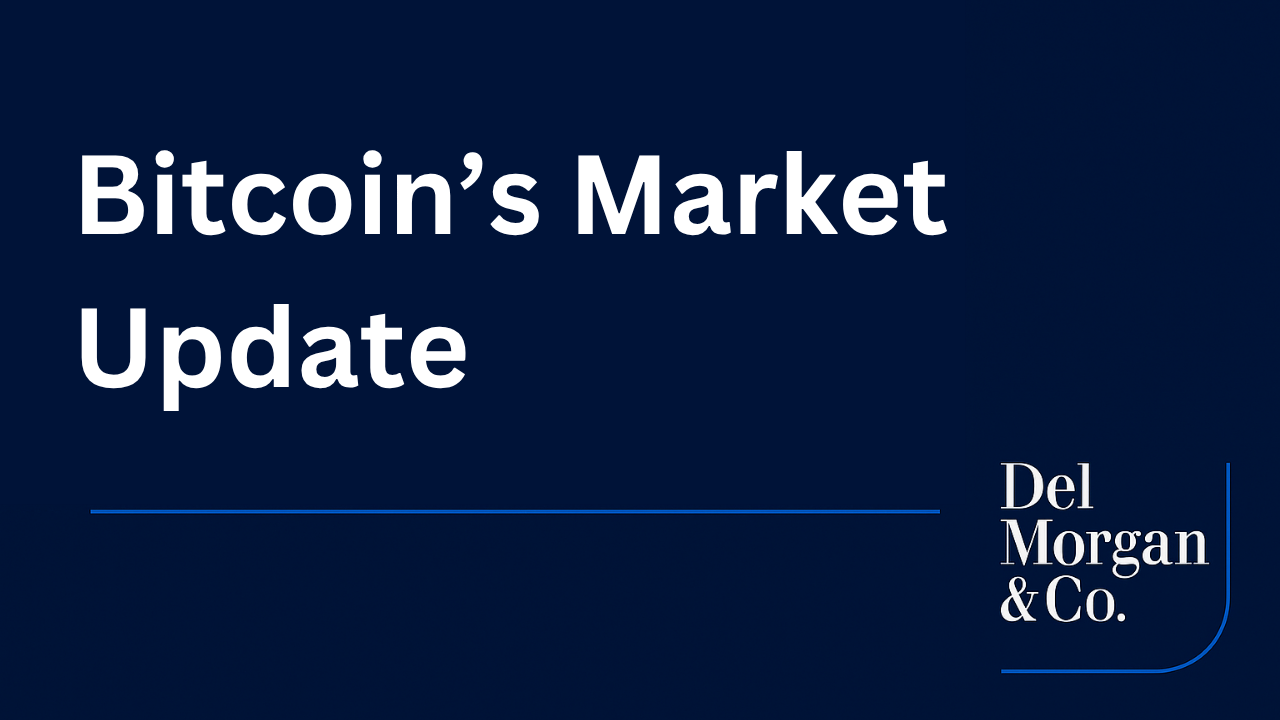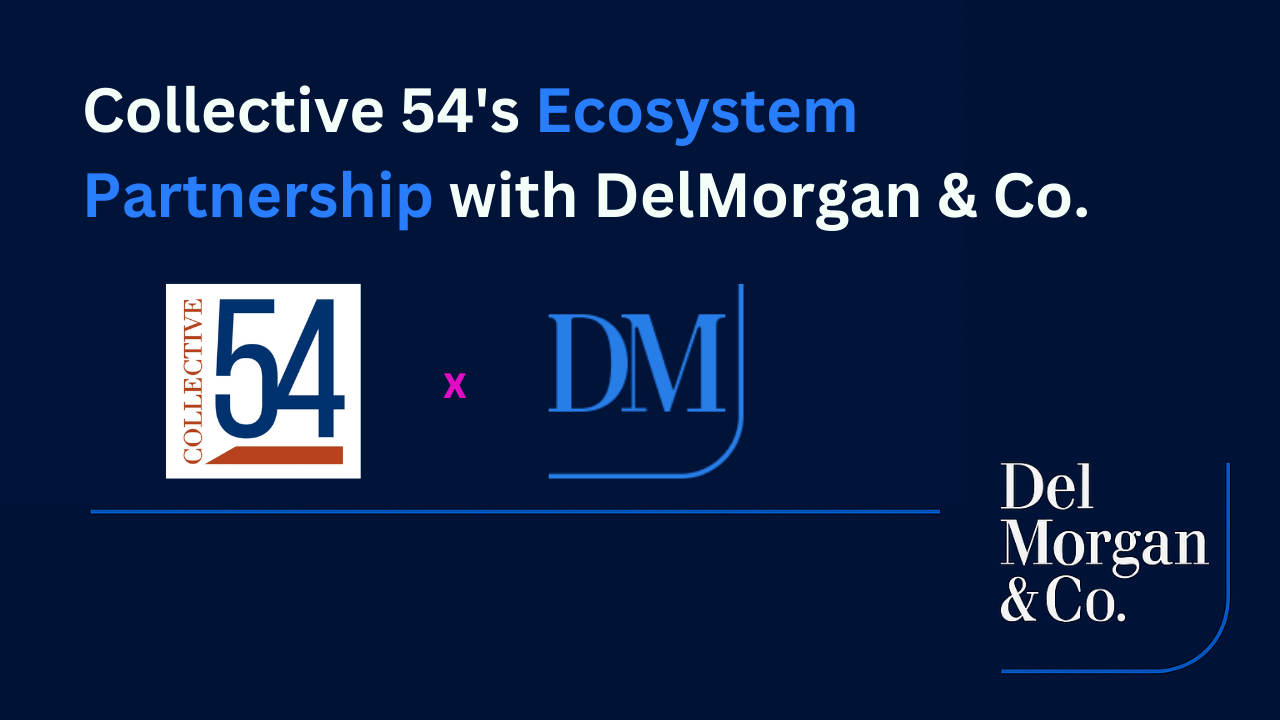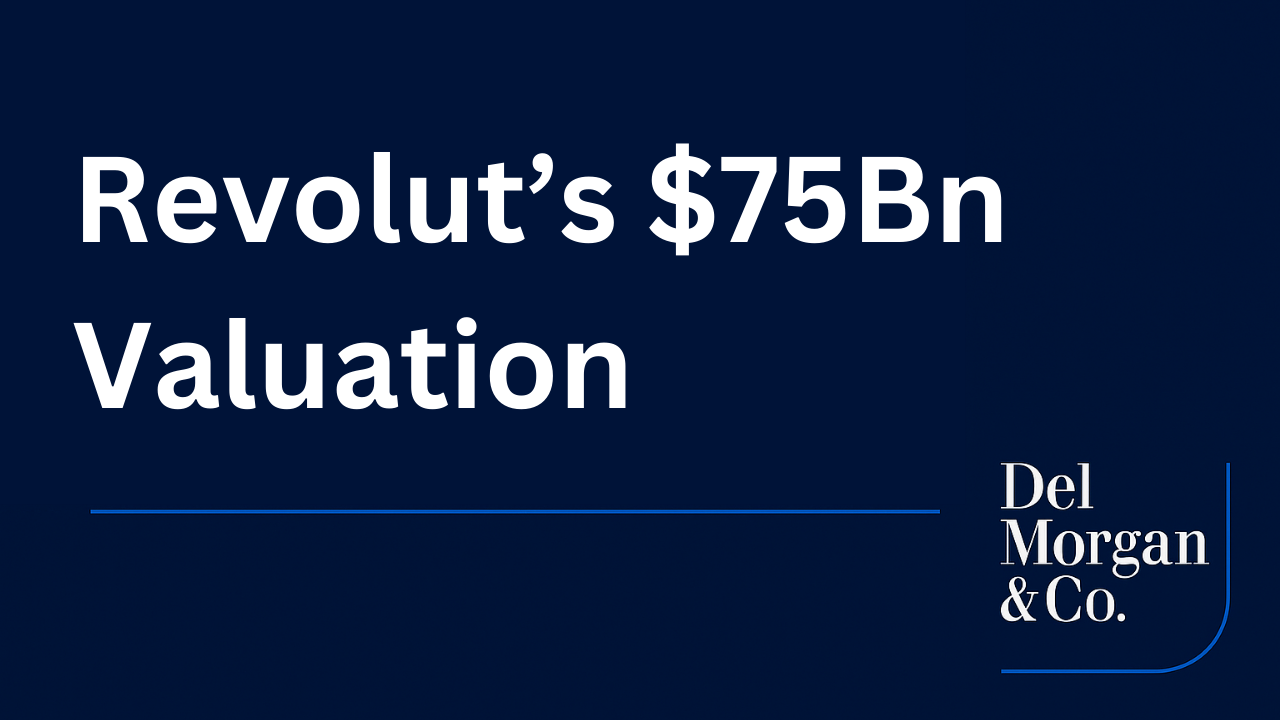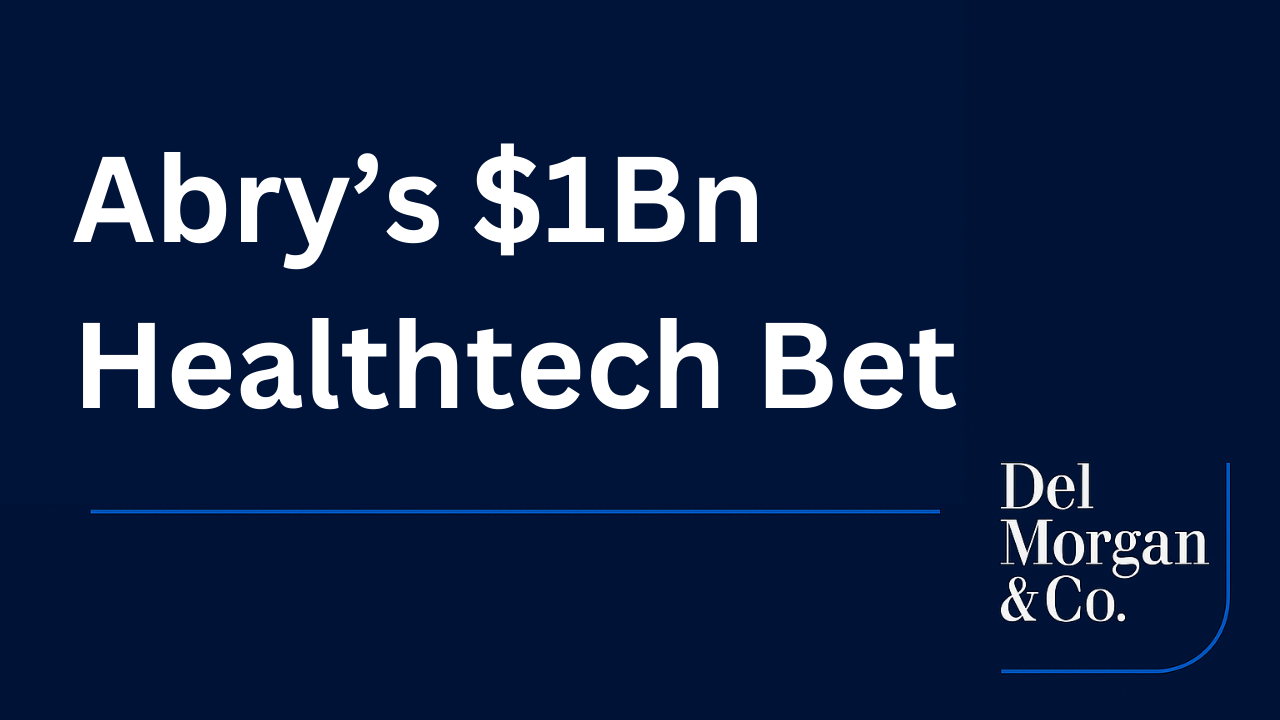Overview
Over the past week, Bitcoin (BTC) has exhibited heightened volatility, retesting critical price levels while signaling growing institutional interest, with the implications extending into the technology sector. As macroeconomic and geopolitical factors continue to shape investor sentiment, we analyze recent Bitcoin developments and their ripple effects across hardware, fintech, blockchain infrastructure and software providers. This note outlines key trends and strategic considerations for technology firms navigating the evolving Bitcoin landscape.

Bitcoin Market Update
Bitcoin recently reclaimed levels above $111,000, bolstering optimism in crypto-adjacent equities and suggesting potential stabilization after a sharp October 2025 correction. Notably, capital appears to be rotating from traditional safe-haven assets such as gold into Bitcoin, despite sentiment metrics indicating extreme fear. The emergence of “digital asset treasury” firms – public companies holding significant BTC positions – further underscores Bitcoin’s ongoing transition from a speculative asset to a strategic component of corporate balance sheets.
Institutional Adoption: A Structural Shift
Institutional engagement with Bitcoin is intensifying, evidenced by robust spot-Bitcoin ETF flows and corporate treasury acquisitions, even as retail trading volumes soften. This shift carries significant implications for the technology sector. Institutional accumulation is reshaping demand for crypto-mining equipment, and manufacturers of ASICs, GPUs and cooling systems may see a pivot from speculative to strategic, institutional-driven demand. Facing altered economics, mining firms may retain more mined coins, optimize hash power and refine cost structures, impacting datacenter operators and energy utilities. Bitcoin’s current $108,000–$111,000 range will influence mining profitability and network difficulty, driving hardware sales cycles and energy-efficiency innovation. Bitcoin’s growing legitimacy as a treasury asset is spurring fintech innovation in custody, settlement and treasury services. Blockchain platforms and DeFi protocols are likely to integrate Bitcoin via wrapped assets or cross-chain bridges, expanding opportunities for firms focused on interoperability, smart contract audits and blockchain analytics. Developer frameworks supporting Bitcoin’s protocol and layer-2 solutions are poised for growth, creating tailwinds for tech startups building on Bitcoin’s infrastructure. As Bitcoin integrates into enterprise workflows, demand for analytics, compliance and risk-management tools is rising. Cloud providers hosting blockchain nodes, APIs or validation services are expected to see increased activity. Software firms offering on-chain data tracking and audit capabilities for corporate treasuries are well-positioned to capture growth as institutional adoption accelerates.
Regulatory and Macro Risks
Despite positive momentum, regulatory and macroeconomic headwinds present risks. Recent BTC price corrections, driven by ETF outflows and global trade tensions, highlight the ecosystem’s sensitivity to external factors. Tech firms building Bitcoin-related infrastructure must contend with regulatory uncertainty, including heightened scrutiny of digital-asset firms and potential licensing requirements for crypto-treasury strategies. Geopolitical developments could further complicate compliance efforts, necessitating resilience in tech business models.
Strategic Implications for Technology Firms
The evolving Bitcoin landscape presents several strategic imperatives for technology companies. Firms should capitalize on Bitcoin’s institutional adoption by developing infrastructure and services tailored to corporate and financial workflows, such as custody solutions, compliance tools and treasury analytics. Bitcoin’s volatility and regulatory uncertainty require tech firms to build flexible models that can withstand price swings and policy shifts. Collaboration between traditional tech and crypto-native firms will be critical. Cloud providers hosting Bitcoin nodes and enterprise software integrating crypto analytics are prime areas for strategic alliances.
Conclusion
Bitcoin’s recent price dynamics and institutional adoption signal a maturation of the asset class, with far-reaching implications for the technology sector. From hardware and mining to fintech and cloud infrastructure, tech firms stand to benefit from Bitcoin’s integration into financial systems, provided they align strategies with this structural shift. However, navigating regulatory and macro volatility will be critical. Companies that proactively adapt to these dynamics – through innovation, partnerships and resilience – will be best positioned to capture long-term growth in the evolving digital-asset ecosystem.
About DelMorgan & Co. (delmorganco.com)
With over $300 billion of successful transactions in over 80 countries, DelMorgan‘s Investment Banking professionals have worked on some of the most challenging, most rewarding and highest profile transactions in the U.S. and around the globe. DelMorgan specializes in capital raising and M&A advisor services for companies across all industries and is recognized as one of the leading investment banking practices in Los Angeles, California and globally.
Learn more about DelMorgan’s Capabilities, Transactions, and why DelMorgan is ranked as the #1 Investment Bank in Los Angeles and #2 in California by Axial.









